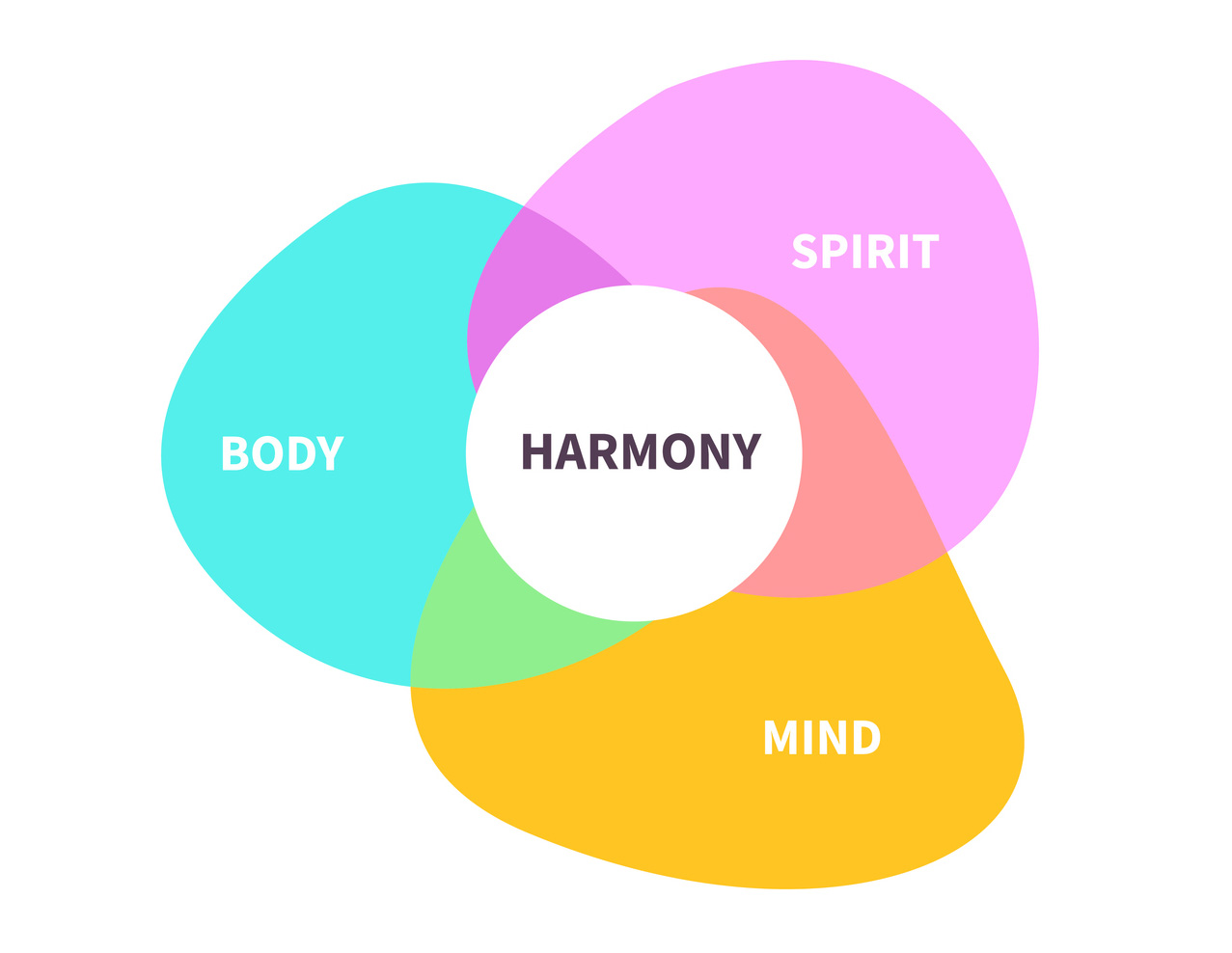Self-Care: An Important Strategy for Managing Mental Health
“I have come to believe that caring for myself is not self-indulgent. Caring for myself is an act of survival.”
— Audre Lorde
Mental health is multi-dimensional and includes emotional, psychological, and social well-being. Mental health affects our thoughts, feelings, actions, the choices we make, and how we relate to others. Mental health is much more than the absence of a mental illness—it’s essential to your overall health and quality of life. Actively caring for oneself can play a role in maintaining, building, and bolstering mental health. It is also an important component of a person’s healing and treatment journey after experiencing a mental crisis or illness.
According to SAMSHA, self-care is a critical aspect of a person’s mental health, and they have outlined the following key messages in honor of Mental Health Awareness Month.
- Despite life’s stressors, there are many things that you can do to maintain positive mental health, including self-care.
- Mental health is essential to your overall health and quality of life.
- When you take care of yourself, your physical and emotional health improve; you become more resilient and can find ways to manage stress in a healthy and positive way.
When a person says, “self-care”, what thoughts pop into your head? For many of us – self-care can feel like another thing on the to do list – a check box to be completed, or something you don’t have time for. Mary Lambert said, “Self-care is the number one solution to helping somebody else. If you are being good to yourself and your body and your psyche, that serves other people better, because you will grow strong enough to lift someone else up.” Often times when self-care feels just like another thing to complete or do – we are feeling overwhelmed and burnt-out.

What does self-care look like to you? Self-care is personal, and it looks different for each person. It requires awareness, intentionality, and dedicated time to care for yourself. It’s something that changes daily, depending on our life circumstances and needs at the time.
Care for your Body
Rest:
Take time to consciously rest when you feel tired. In our society we have a tendency to keep pushing until our bodies collapse. Give yourself dedicated time each day to simply relax or try a restorative practice like yoga nidra.
Eat a nutrient rich diet:
Food is medicine. Eating a diet filled with the right nutrients for your body will help to fuel both your body and your mind. Nutrients are found in whole, real food that comes from the earth.
Hydrate:
Water helps to flush out waste and bacteria in the body, helps to maintain health, and slow down aging. Water also improves mood, energy and focus. The general recommendation for water intake is 2.7 liters/day for women or 3.7 liters/day for men.
Move your body:
Exercise is one of the most effective and natural ways to boost mood and improve health. Make time to move your body at least 30 minutes/day even if it’s broken up into smaller increments of time.
Avoid toxic substances:
Alcohol, nicotine and drugs all have a negative impact on mental health. Avoiding toxic substances to the body (and mind) will help you live a longer and healthier life.
Get enough sleep:
Sleep is closely linked to physical and mental health. Sleep restores the cells in the body and helps to wash away toxins from the day. People who experience mental health disorders are significantly more likely to experience insomnia and disturbed sleep. It’s important to stick to a consistent sleep schedule and ensure you get at least 7 – 9 hours of sleep/day.
Support your nervous system:
Do something daily to support your nervous system and lower stress hormones. This can be anything from exercising, laughing with friends, or practicing breathing techniques that engage your vagus nerve. Do something daily that helps to promote a sense of calm.
Care for your Mind
Do Mental Training Exercises:
Just as our physical bodies need exercise, so does your brain. Take at least 10 minutes each day to exercise your brain (i.e., mindfulness meditation, learning a new language, doing a crossword puzzle).
Practice self-compassion:
How do you speak to yourself? Are you treating yourself with kindness – just like you would a dear friend, or do you find yourself constantly berating yourself for every little mistake? The practice of self-compassion is a powerful way to care for your mental health and improve your relationship with yourself.
Make time to connect with loved ones:
Reach out to your friends or family members who can provide emotional support and practical help when you need it the most.
Focus on what you can control, and practice letting go:
Often times our mind gets swept up getting aggravated about things outside of our control. When this happens see if it’s possible to notice the judging mind and let go of worrying about things outside of your control. Of course, this is easier said than done, but over time and with practice can become easier.
Get help when you need it:
Seeking support from a qualified and trusted mental health practitioner is an important way to help care for your mind. Seeking help is a sign of strength and is a vital act of self-care when you need extra support navigating life’s challenges.
Care for your Spirit
Live your purpose:
Make time to do what brings you meaning and a sense of purpose. Each person has their own unique gifts, what are yours? Where do you find a sense of meaning? How much time are dedicating to it?
Get out in nature:
Being in nature helps us to get out of our heads and remember how much more there is to life. It helps us to remember the impermanence of all things and connect with something larger than ourselves.
Volunteer:
Giving back to others is a powerful way to feel connected and help foster a sense of gratitude.
Connect with community:
One of our basic needs as human beings is to have a sense of belonging. Whether it’s a spiritual community, a religious community, or a group of friends – connecting with others where you feel a sense of belonging helps to care for our spirits.
When life gets stressful, overwhelming and hard the first thing to go out the window is often our own self-care practices. This is the time to double-down on your self-care practices and commit to caring for yourself as you ride the waves of the storm. In those times, take time to pause and check-in with yourself. Ask yourself, what’s called for right now? Tracee Ellis Ross explains, “Self-care is one of the active ways that I love myself. When you can and as you can, in ways that feel loving, make time and space for yourself.” How are you loving yourself?
What to Do in a Crisis
If you or someone you know is struggling or having thoughts of suicide, call or text the 988 Suicide & Crisis Lifeline at 988 or chat at 988lifeline.org. This service is confidential, free, and available 24 hours a day, 7 days a week. In life-threatening situations, call 911.
For additional information about suicide prevention, please see NIMH’s Suicide Prevention webpage.
References
Substance Abuse and Mental Health Services Administration. (2023, April 24). Mental Health Awareness Month toolkit. SAMHSA. https://www.samhsa.gov/programs/mental-health-awareness-month/toolkit
U.S. Department of Health and Human Services. (2022). Caring for your mental health. National Institute of Mental Health. https://www.nimh.nih.gov/health/topics/caring-for-your-mental-health
Blog Post Tags:
Related Blog Posts
Related Learning Labs
Related Resources
.
- Buscar Tratamiento de Calidad para Trastornos de uso de Sustancia (Finding Quality Treatment for Substance Use Disorders Spanish Version)
- Finding Quality Treatment for Substance Use Disorders
- Focus On Prevention: Strategies and Programs to Prevent Substance Use
- Monthly Variation in Substance Use Initiation Among Full-Time College Students
- The National Survey on Drug Use and Health (NSDUH) Report: Monthly Variation in Substance Use Initiation Among Adolescents











